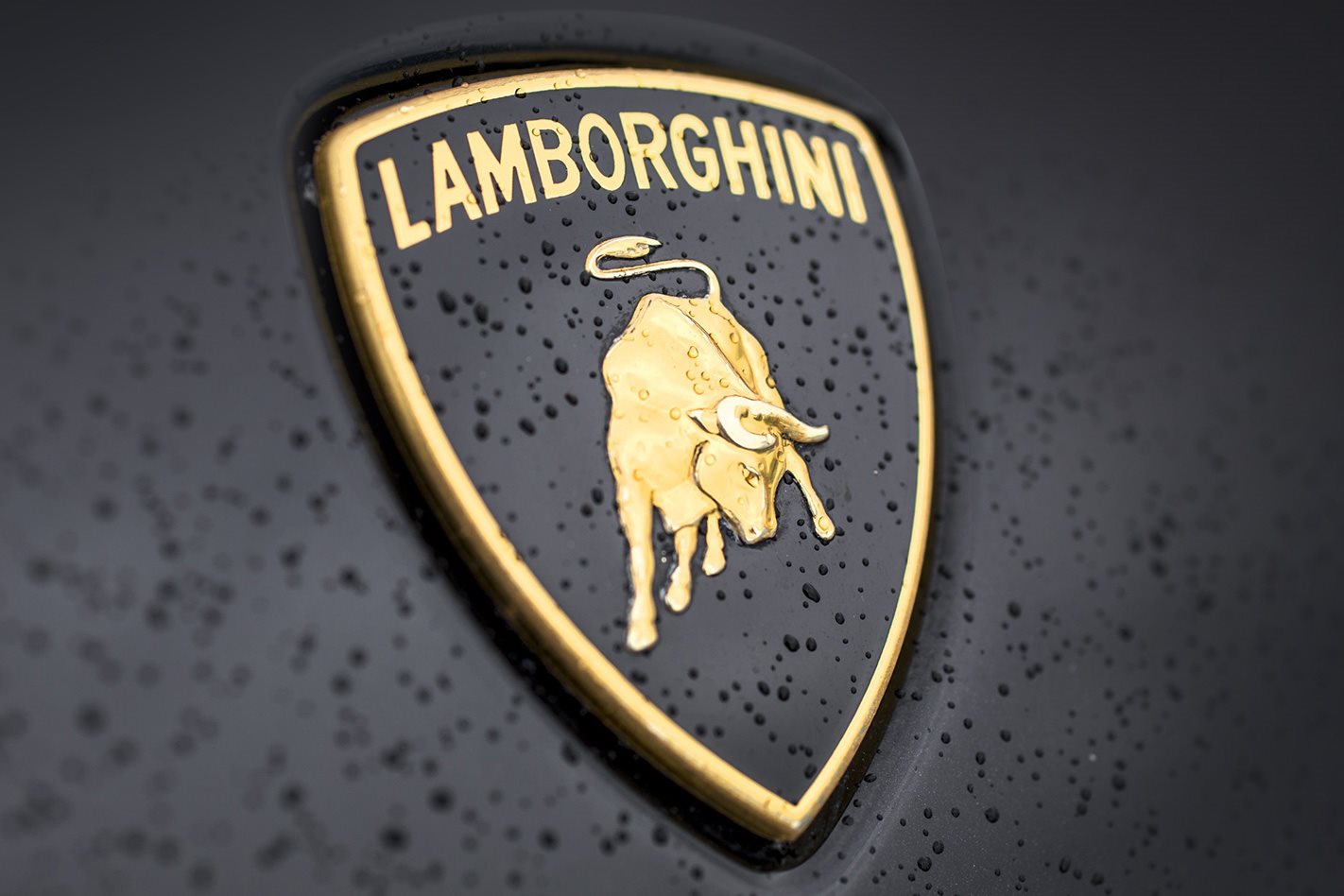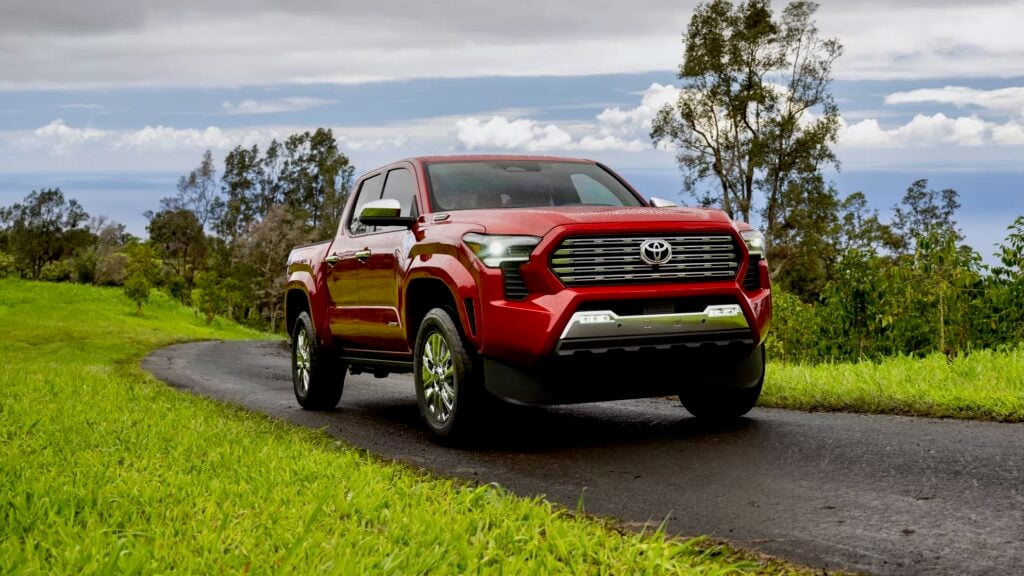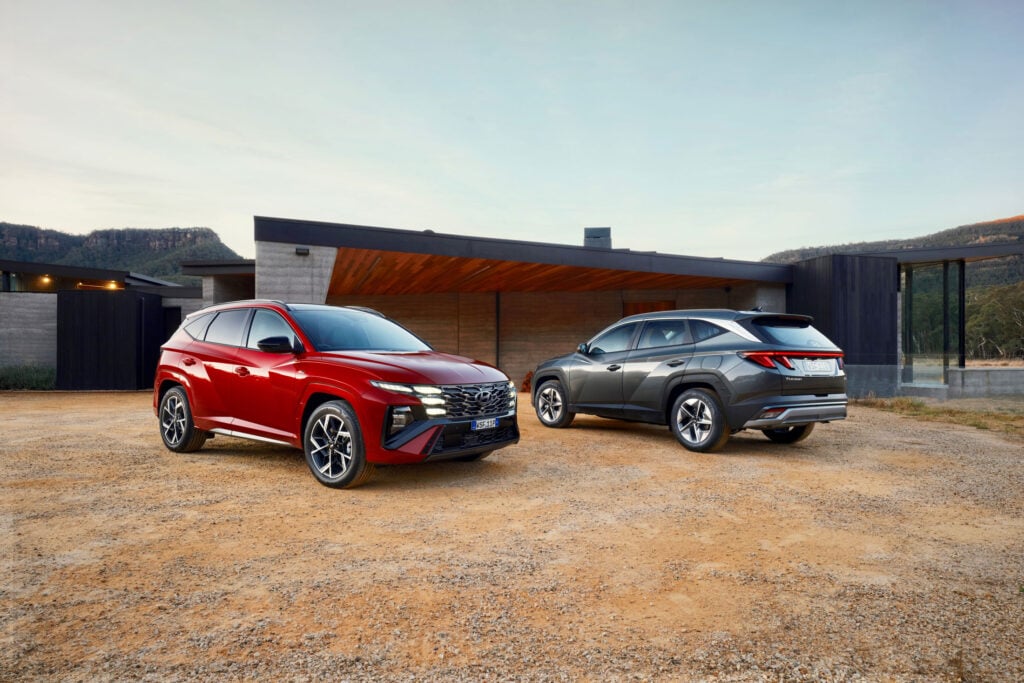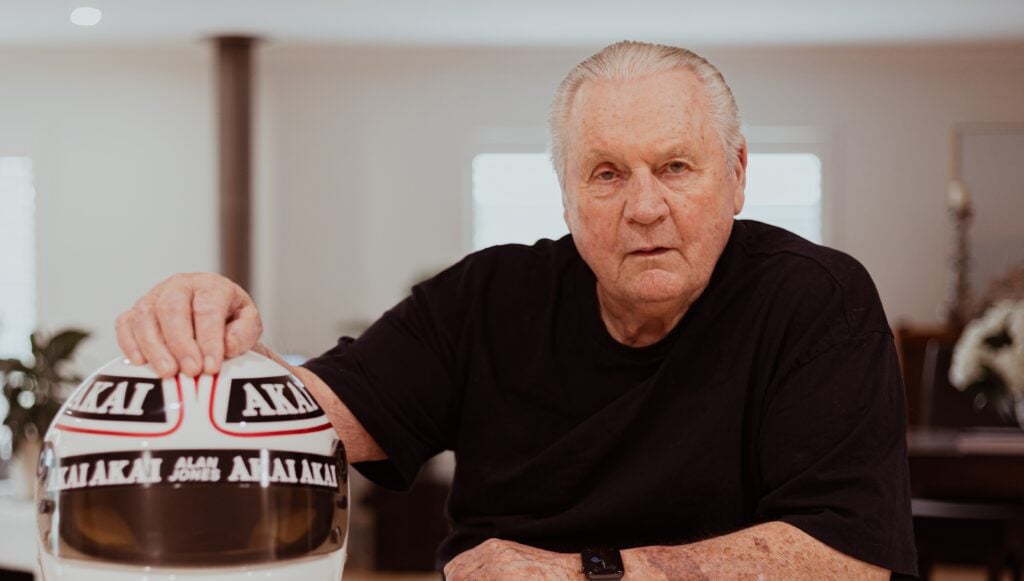IS THIS the toughest CEO gig in the automotive world?
Stefano Domenicali, for seven years the team principal of Scuderia Ferrari, and more recently poached by Audi to formulate its stillborn F1 aspirations, has taken over the reins at Lamborghini from Stephan Winkelmann.
Domenicali’s directive from parent company Audi AG might simply have been “don’t stuff it up”. Since taking over a bruised and battered Raging Bull in 1998, Audi’s governance – and Winkelmann’s leadership since 2005 – has seen sales increase 15-fold from just 209 units in 1997.
Lamborghini’s turnover increased 39 percent to 872 million ($A1283m) in 2015 on the back of a record 3245 sales, up 28 percent on the previous record of 2530 in 2014.
No matter how you measure it, Winkelmann left Lamborghini in rude health, with the company expecting to deliver more than 3500 Lamborghini Aventadors and Huracans in 2016. The 2018 arrival of Lamborghini’s first SUV in 30 years is projected to double that figure to more than 7000 cars annually.
Domenicali’s job is clear: “I need to prepare us for that growth; to make sure we grow in the right way.”
Speaking exclusively to Wheels in Japan in September, Domenicali said the Porsche Cayenne-based Urus SUV would spark a significant evolution for the Lamborghini brand.
“For us it is a big challenge, because we are not used to thinking so big [in terms of sales]. I need to make sure we grow in the right way … in terms of management style, in terms of dealers, the people, customer service, all of that.”
Domenicali said Lamborghini’s dealer network would increase from 130 to 160 over the next three years, some of it in countries where a high-performance SUV is more suitable than Lamborghini’s current low-riding sports cars.
“India, for example. We are entering this new market, but the [roads] infrastructure puts a natural limit on our appeal.
With the Urus, it’s a different situation, so I’m expecting big growth there … and all countries where SUVs are popular.”
The Urus will launch with a twin-turbo V8 petrol plucked from the VW Group (it’s used in some Audis), and a hybrid will follow soon after, confirmed Domenicali.
“For sure that is already in the plan. Not at launch, but immediately after. In certain markets it’s important.”
Domenicali acknowledged that borrowing major components from mainstream brands within the Group created new challenges: “We need to give the personality to our product so that customers recognise the product as Lamborghini.”
He also said hybridisation, maybe even full electrification, would one day come to the brand’s supercar portfolio.
“In the short term, we need to keep our values with Aventador and Huracan [but] we need to monitor the evolution of electrification in our supersport segment to know when it becomes available, at the right cost, with the performance we need… then we need to be ready to do it.”





